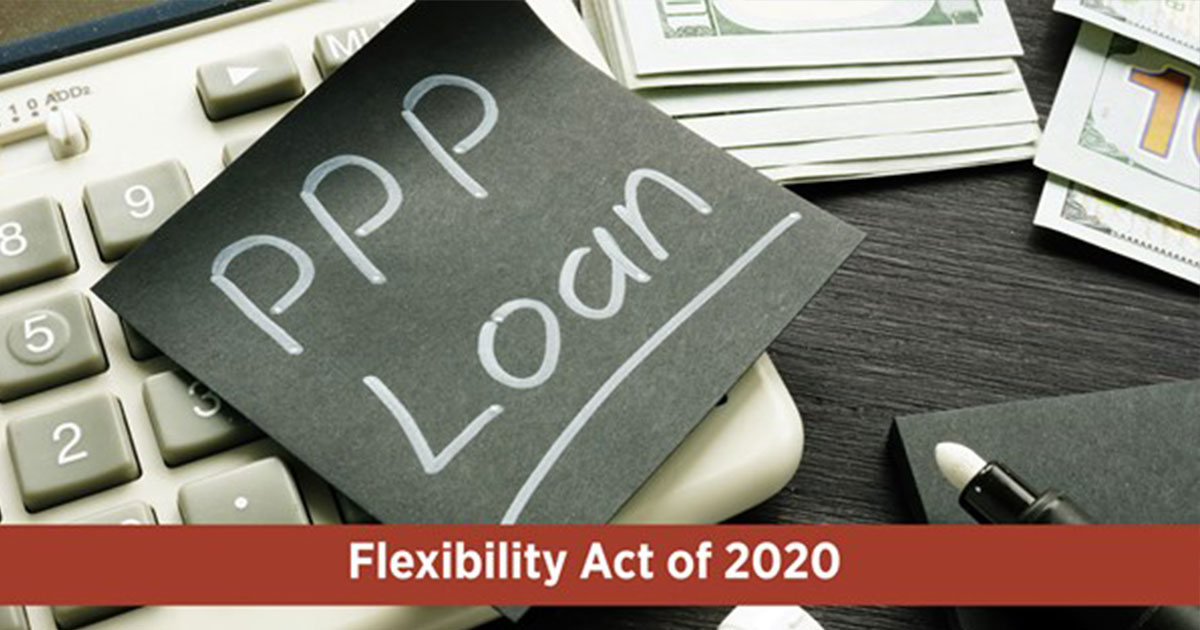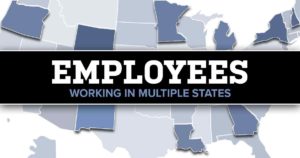Paycheck Protection Program Flexibility Act
The Paycheck Protection Program Flexibility Act (PPPFA) relaxes the loan requirements to be forgiven as follows:
Spend the loan proceeds on payroll to 60% from 75% which increases the amount to spend on rent, business mortgage payments, utilities, and interest on loans to 40% from 25%.
Extend spending the loan proceeds over 24 weeks thus until the end of 2020 instead of 8 weeks as initially stated after receiving the loan funds. However, you can apply for forgiveness still after the 8 weeks if you received loan funds before June 5th.
Rehire workers deadline pushes back to December 31, 2020 from June 30, 2020. However, employee compensation eligible for forgiveness is still capped at $100,000 and employer owners is still capped at $15,385.
Eases rehire requirements to extend rehire date to December 31, 2020. In addition, exceptions for reduced head count was added.
Extends repayment term to 5 years from 2 years for loans made after June 5th. If PPPFA loan is not forgiven or portions of it are not forgiven, a business has 5 years at 1% interest to repay the loan. If the loan was made before June 5th , the borrower and lender must mutually agree on the extension. Furthermore, the first payment is deferred for 6 months after the Small Business Administration (SBA) decides on forgiveness. In addition, borrowers of the PPPFA can now defer employer’s payroll taxes for Social Security.
Thus, the relaxation of the above rules for forgiveness helps small businesses to turn the loan into a “grant.”
If you have not already applied for this loan if you qualify, you need to apply by June 30, 2020.
Should you have questions and/or need help with detailing the accounting so most if not all with the PPPFA is forgiven, please call Susan at 630.523.5762.





